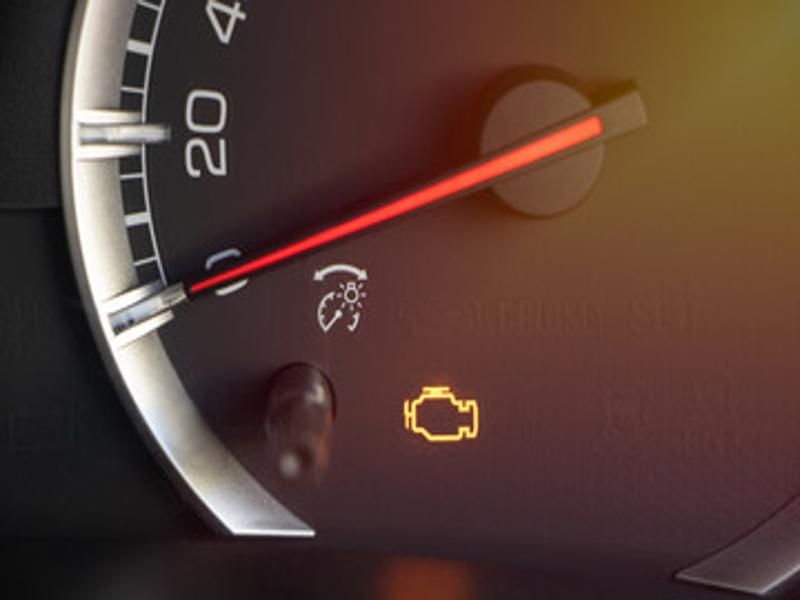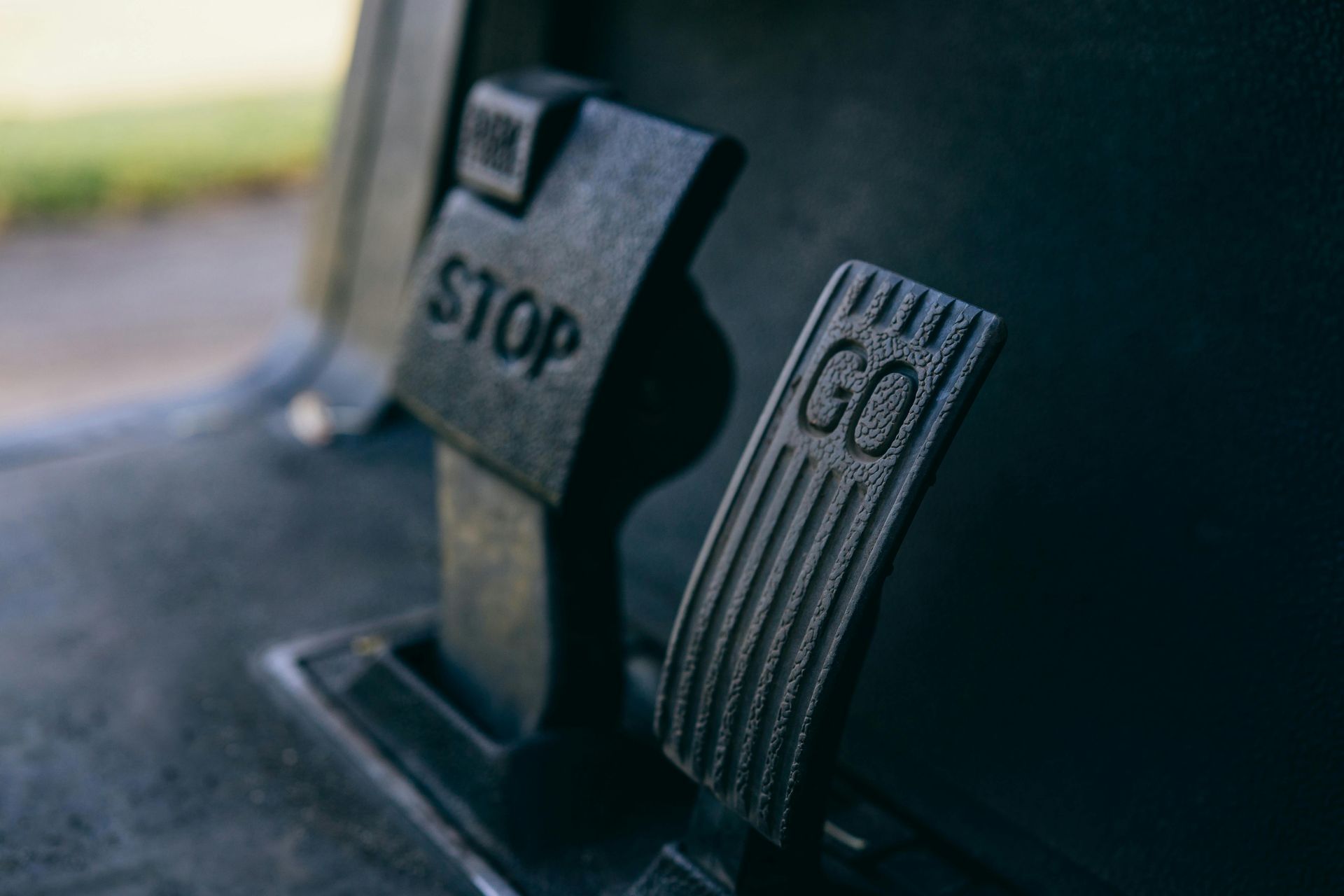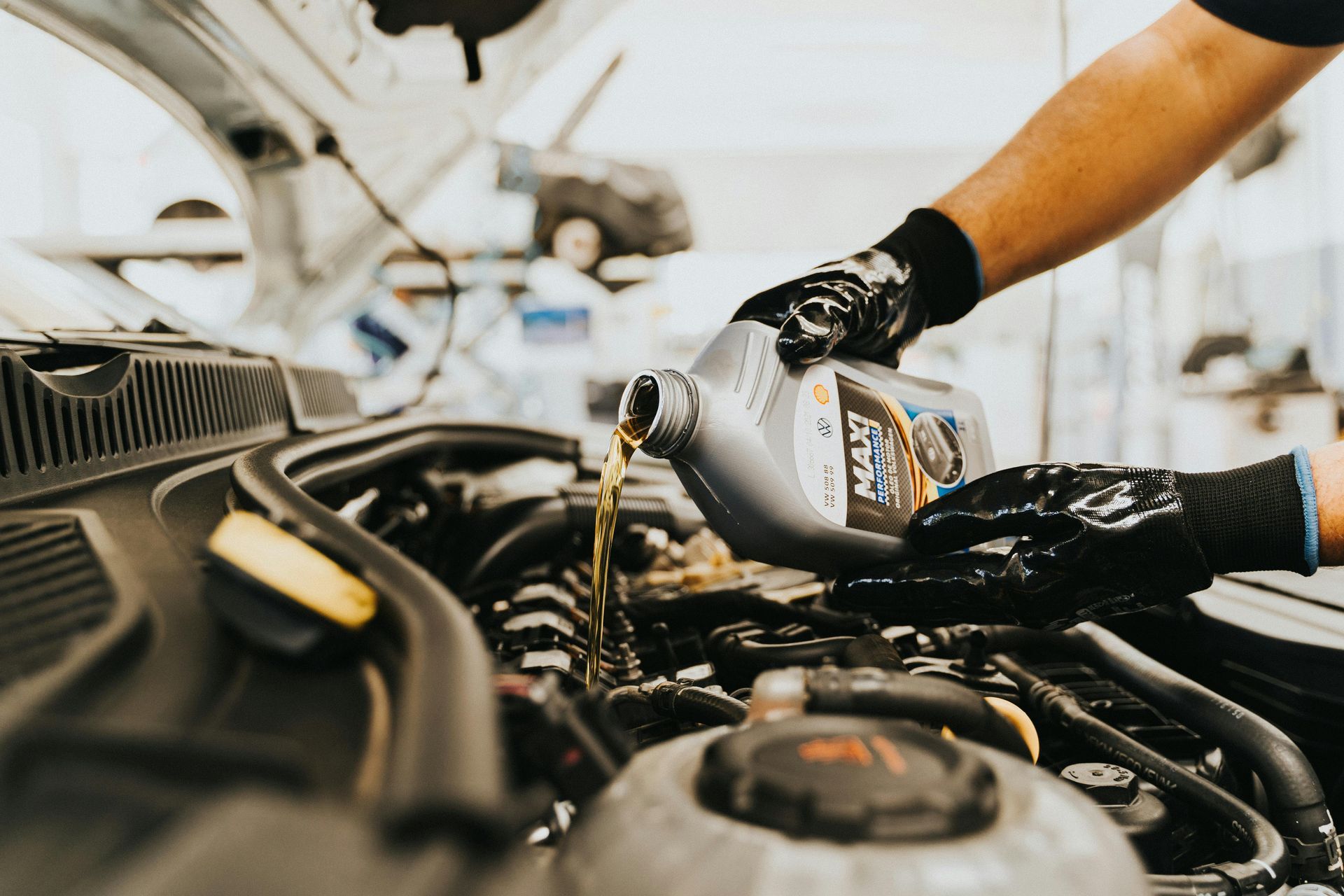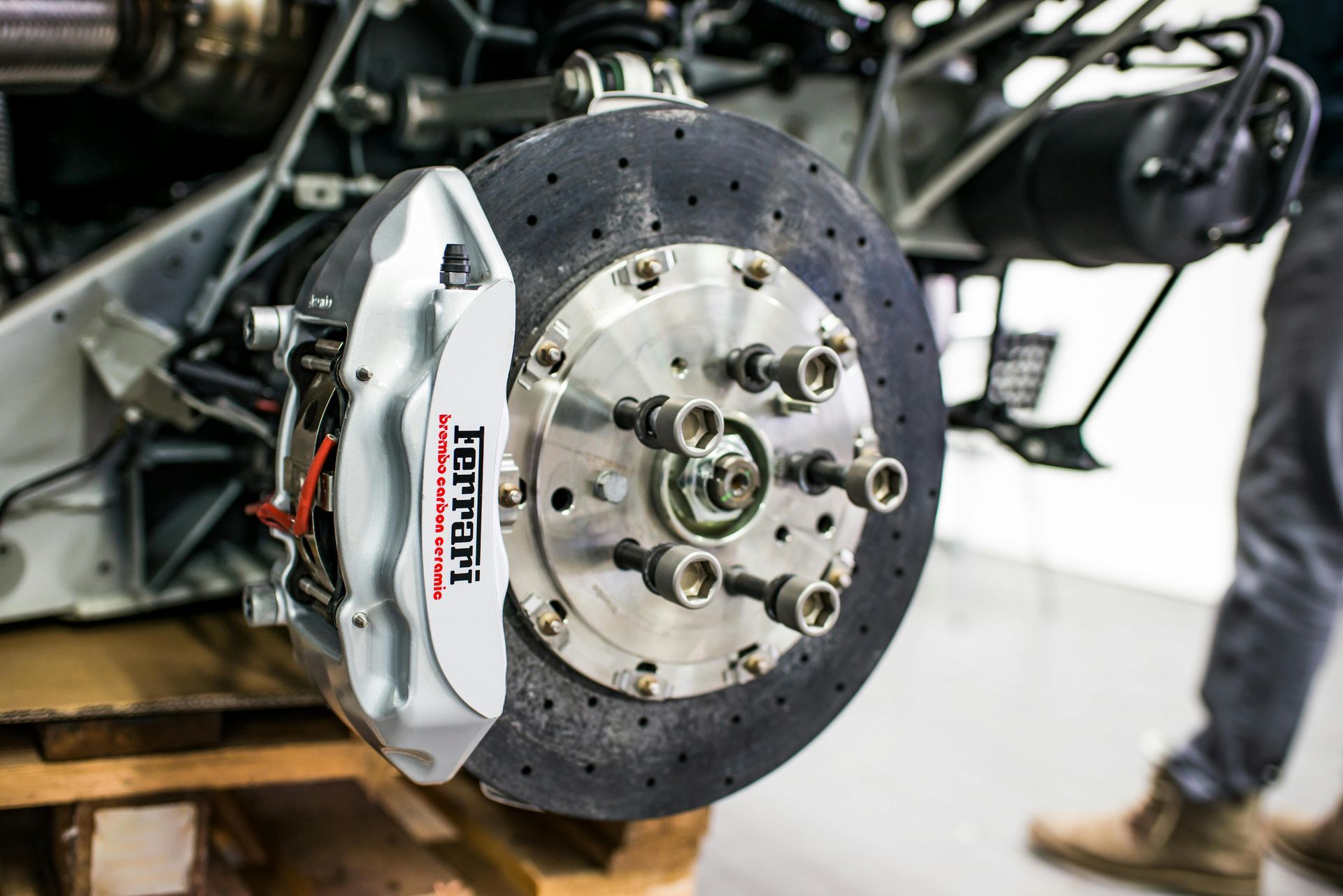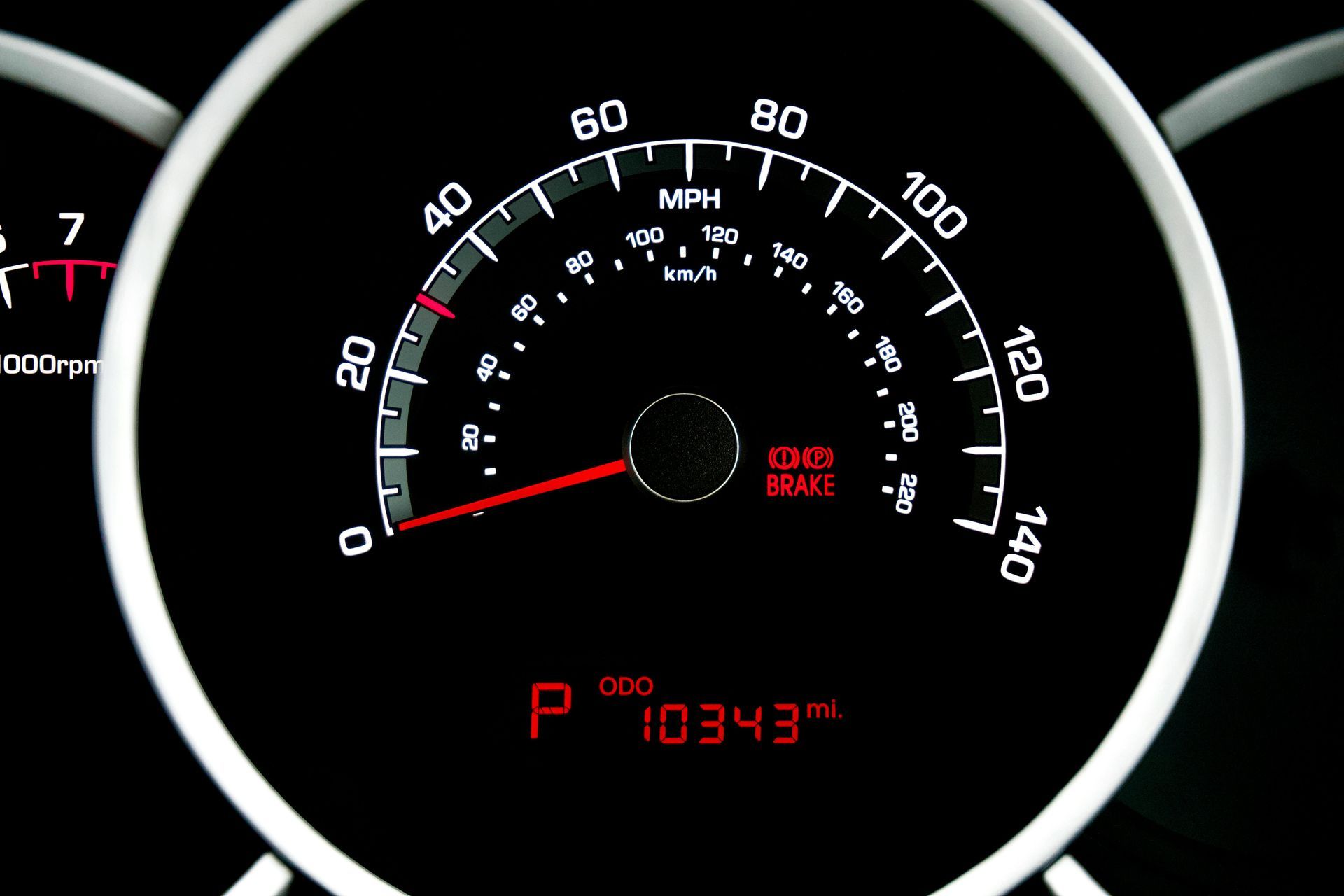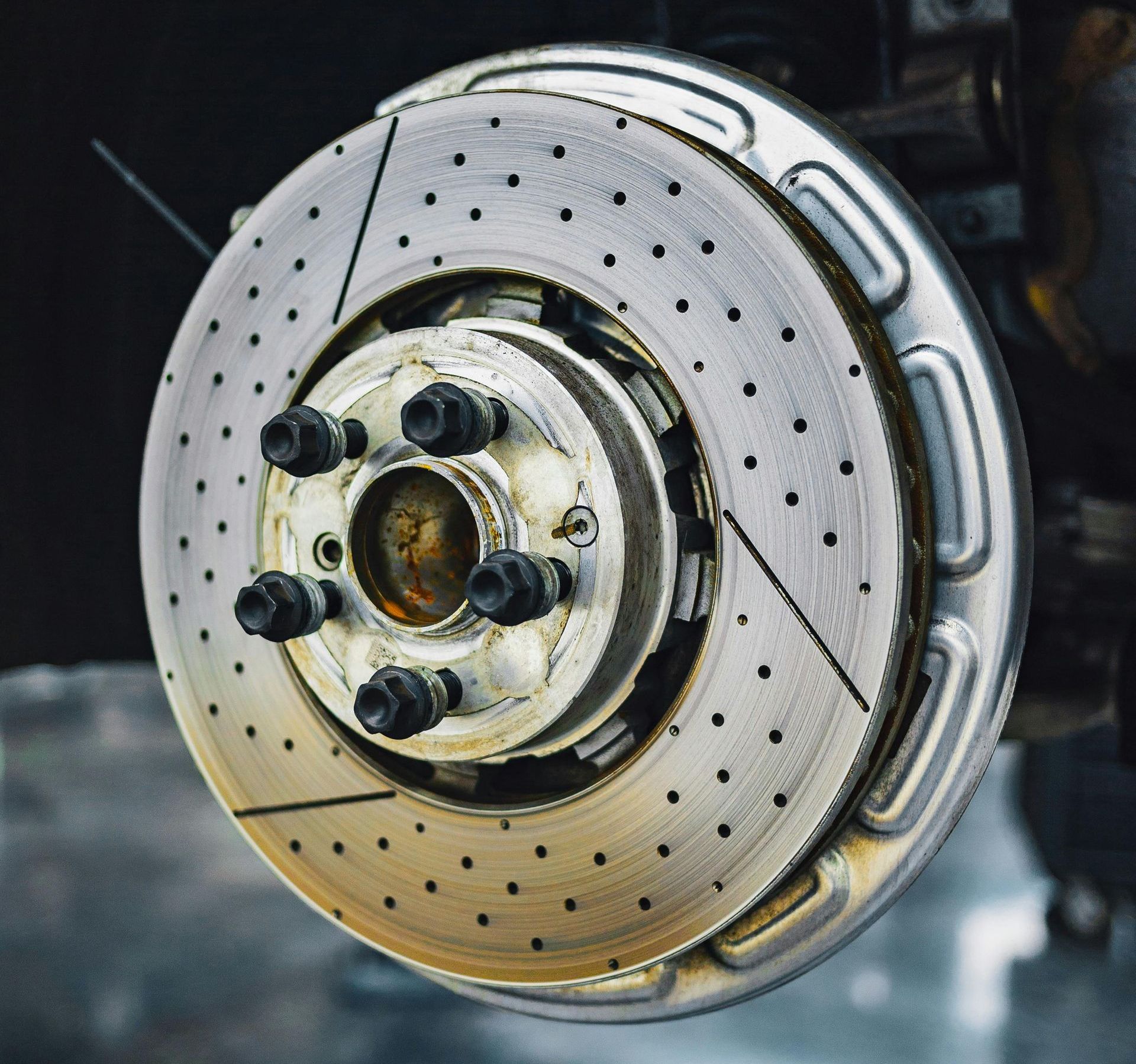Top 8 Reasons Behind The Car Pulls to The Right – Comprehensive Guide
Do you ever feel like you’re constantly battling your steering wheel, fighting an invisible force pulling your car to the Right? The frustration of trying to stay in your lane can be maddening at times. However, before you jump to conclusions or assume it’s just a minor issue, there are essential reasons behind this common problem that you need to uncover. Understanding these factors could be the key to regaining vehicle control and ensuring a smoother, more predictable ride.
Key Takeaways
- Tire issues like conicity, separation, or improper inflation can cause the car to pull.
- Suspension problems such as worn control arms can lead to drifting or veering.
- Torque steer in front-wheel-drive cars can result in veering during acceleration.
- Prompt maintenance, tire rotations, and inspections are crucial to prevent pulling and ensure safety.
1. Tire Conicity & Separation
If your car is pulling to the Right, one possible reason could be tire conicity and separation. When your wheels are not perfectly round, this can lead to uneven contact with the road, causing your car to drift to the Right. This issue can be exacerbated when accelerating as the forces acting on the tires become more pronounced. Tire conicity and separation can throw off your wheel alignment , leading to a pull to the Right.
To address this, ensure your tires are correctly inflated and have them inspected for any signs of conicity or separation. By taking proactive steps to maintain your tires, you can enjoy a smoother and more liberating driving experience without the constant struggle of your car pulling to the Right.
2. Air Pressure
Maintain optimal air pressure in your tires to ensure your car drives straight and avoids pulling to the Right. When the air pressure is uneven in your tires, it can lead to your vehicle pulling to the Right. Low air pressure can cause the tire to wear unevenly, affecting the alignment and balance of your car, resulting in the car drifting to the Right.
It’s crucial to regularly check and adjust the air pressure in all four tires to the manufacturer’s recommended levels. By doing so, you can prevent one side of the vehicle from experiencing more resistance and ultimately avoid the frustrating question, “Why does my car pull to the right?”
Also Read:
EVERYTHING YOU SHOULD KNOW ABOUT CAR AC COMPONENTS AND FUNCTIONING
3. Car Pulls To The Right Quick Tip: Place New Tires On The Back Of The Vehicle
Remember to place new tires on the back of your vehicle for optimal performance and safety when dealing with car tires. This simple adjustment can significantly improve your vehicle’s stability and handling, especially during wet or slippery conditions. Prioritize safety by ensuring your new tires are on the rear to prevent oversteering and maintain road control.
Tread Design
To prevent your car from pulling to the Right, consider the importance of the tread design on your tires, and remember the quick tip to place new tires on the back of the vehicle. The tread design is crucial in how your vehicle handles different road conditions. If the tread pattern is uneven or worn out, it can cause the car to pull to the Right significantly when accelerating or after an alignment.
Uneven tread wear can lead to an imbalance in traction, causing the vehicle to veer off to one side. By ensuring proper tread depth and alignment, you can maintain better control and prevent the car from pulling to the Right when accelerating or at any other time.
4. Car Pulls To The Right Quick Tip: Inspect Your Vehicle If Pulling Begins After Tire Rotation
If your car starts pulling to the Right after a tire rotation, it’s crucial to inspect the tires for any irregular wear patterns. Uneven wear can cause your vehicle to veer off course. Check the tire pressure and alignment to address the issue promptly.
Tire Rotation
After a tire rotation, check if your vehicle starts pulling to the Right. Tire rotation is essential for maintaining even tire wear and optimal performance. When tires are rotated incorrectly or unevenly, it can lead to the car pulling hard to the Right. This happens because the tires have different tread patterns and wear levels, causing an imbalance in vehicle handling.
To resolve this issue, ensure your tires are rotated following the manufacturer’s recommendations. Regular tire rotations help prevent the car from pulling to the Right and promote better traction, stability, and overall safety while driving. Remember, a simple tire rotation can significantly affect how your car steers to the Right.
5. Non-Tire-Related Reasons Why Your Car Pulls To The Right
If your car pulls to the Right on specific roads, it could be due to factors other than your tires. Uneven road surfaces, crowns, or alignment issues can all contribute to this behavior. Watch for these non-tire-related reasons when your car veers to the Right.
Car Pulls To The Right On Specific Roads
When driving on specific roads, your car pulling to the Right could be attributed to factors other than tire-related issues. Even after alignment, if your vehicle still pulls to the Right, it might indicate a problem with the suspension system. The suspension components, like control arms or bushings, could be worn out or damaged, causing the car to drift to the Right.
Visit Carmotive trusted Houston auto repair shop to inspect your suspension can help diagnose and fix the issue. Addressing suspension issues promptly ensures your safety and prevents further damage to your vehicle. Keep an eye out for any unusual noises or vibrations while driving, as these could also be signs of suspension problems causing your car to pull to the Right.
Also Read: HOW LONG CAN YOU DRIVE WITH CHECK ENGINE LIGHT ON ?
6. Brake Or Suspension Problems
Potential brake or suspension problems in your car can cause it to pull to the Right while driving. Issues with brake components such as calipers or pads can lead to uneven braking, resulting in the car veering to one side. Similarly, worn suspension parts like control arms or bushings can disrupt the vehicle’s alignment, causing it to drift rightward. If you’re wondering, “Why does my car pull to the right?” could be due to these underlying problems.
Even after getting new tires, the car may still pull to the Right if these components are faulty. Additionally, when accelerating, the car might tend to pull to the Right if there are issues with the suspension or brakes. Regular maintenance and prompt repairs can address these issues and ensure a smoother driving experience.
7. Torque Steer
Having discussed brake or suspension problems causing your car to pull to the Right, let’s now address torque steer, a common issue affecting vehicle dynamics. Torque steer occurs when an uneven distribution of power to the front wheels causes the vehicle to veer to one side during acceleration. This phenomenon is more noticeable in front-wheel-drive cars and can be exacerbated by engine power and road conditions.
If you’re wondering, “Why is my car pulling to the right?” and you drive a front-wheel-drive vehicle, torque steer could be the culprit. To mitigate torque steer, ensure your tires are properly inflated, and consider having a professional mechanic inspect your car for any underlying issues contributing to this steering behavior.
8. Memory Steer
Experiencing consistent steering wheel resistance during straight-line driving may indicate the occurrence of memory steers in your vehicle. Memory steer happens when the wheels become temporarily misaligned due to hitting a bump or a pothole. This misalignment causes the car to remember its turn and keep pulling in that direction, even on a straight road.
You may need a professional realignment to reset the wheels to their correct position to liberate your steering from memory steer. Ignoring memory steers can lead to uneven tire wear and poor handling. Stay aware of any changes in steering resistance and address them promptly to keep your vehicle driving straight and true.
Frequently Asked Questions
How Can Driving Habits Contribute to a Car Pulling to the Right?
When you drive with a heavy hand on one side more than the other, your car can start pulling to the Right. Ease up on the steering and stay balanced to avoid this issue.
Are There Any Specific Road Conditions That Can Cause a Car to Pull to the Right?
When roads slope, your car may pull right. Watch for worn roads, potholes, or construction zones. Be aware of water accumulation and uneven surfaces. Stay alert to maintain control and keep your drive safe.
Can Weather Conditions Affect the Way a Car Drives and Cause It to Pull to the Right?
Yes, weather conditions like strong winds or uneven road surfaces can affect your car’s handling, causing it to pull to the Right. Be cautious and adjust your driving to stay in control.
Are Any Potential Safety Risks Associated With a Car Pulling to the Right?
Yes, potential safety risks are associated with a car pulling to the Right. It can lead to loss of control, uneven tire wear, and accidents. Regular maintenance, alignment checks, and addressing underlying issues promptly can help mitigate these risks.
Is It Possible for a Car to Pull to the Right Due to Issues With the Steering System Rather Than the Tires?
Yes, your car can pull to the Right due to steering system issues, not just the tires. Your steering system is crucial in keeping your ride straight and safe.
Conclusion
If you notice your vehicle veering to the right, it’s crucial to address the issue promptly. Factors like tire conicity, air pressure, and brake problems can greatly affect your driving. At Carmotive auto repair shop in Houston, TX , we utilize advanced diagnostic tools to accurately identify the cause of your vehicle’s pulling problem. Taking care of these issues promptly will enhance your safety on the road and help you save money in the future. Don’t let your car lead you astray— get in touch with us or book an appointment today.
